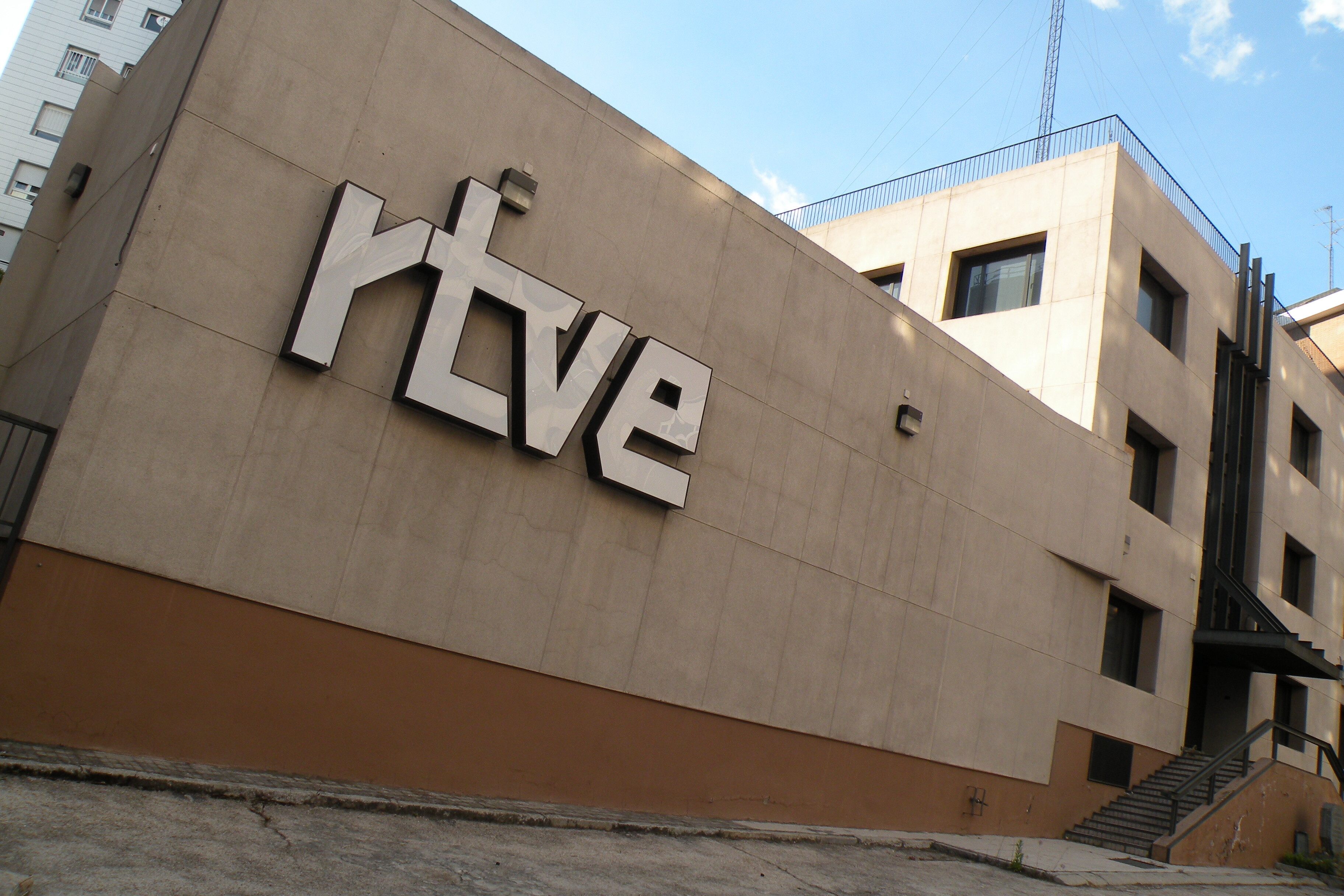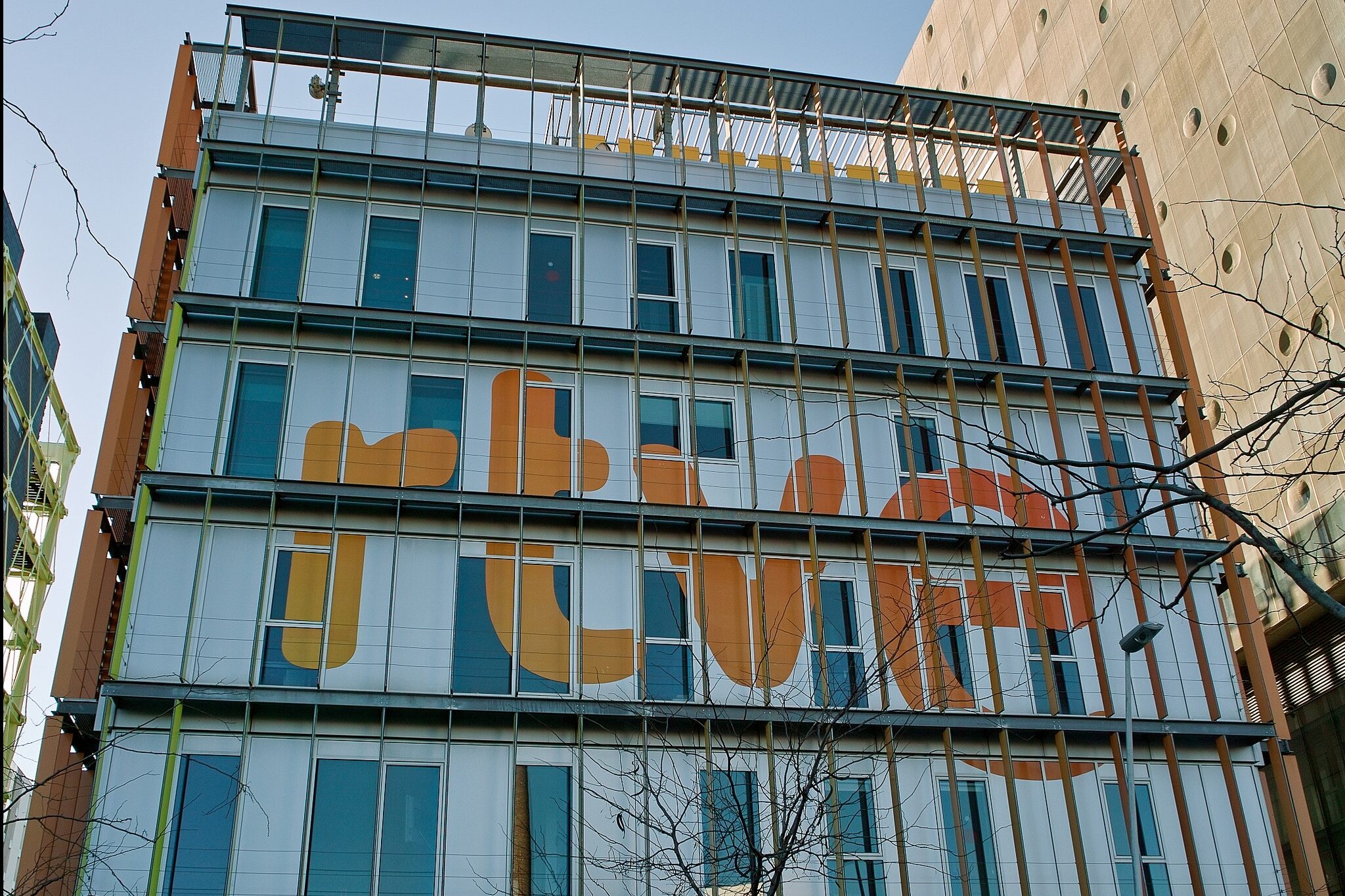By Aurora Herrera
Ongoing disagreement over working hours and wages, a long-awaited public tender and centralisation concerns continue to burden Spain’s national public broadcaster.
A series of crises continue to challenge Spain’s public broadcaster, Radio Nacional de España (RTVE). Earlier this week, the management filed a lawsuit in the National Court contesting the working hours of employees. The hearing, which is set for 13 November, is intended to resolve whether the union’s legal interpretation of the state budget law is legitimate.
Under former Prime Minister Rajoy’s government, the salaries of public employees were frozen and working hours were raised from 35 hours to 37.5 hours. According to the unions, the 2018 Budget Act repealed Rajoy’s directives and allowed employees to return to working 35 hours pending the company’s ability to meet budgetary stability by fulfilling the requirements for zero public debt as well as adhering to the spending objectives of the previous year. RTVE management, however, insists that the Budget Act was misinterpreted, asserting that the deficit has to be measured throughout the State Administration.
Management has chosen court action as the union is steadfastly maintaining its position and a collective agreement cannot be reached. It is now just one more element in the already fragile relationship between the public broadcaster’s leadership, its employees and its audience.
Management in limbo
An inability to honour the 2017 Renewal of Offices Act which would ratify the president and RTVE board by a two-thirds majority in Parliament continues to aggrieve employees. Rosa María Mateo whose term was supposed to be provisional, is ongoing as long as the public contest remains in limbo.
Earlier this week, candidates vying for the Presidency presented a brief to Parliament asking the Joint Commission to speed up the public tender process. The brief quoted article 20 of the Constitution, specifying that “The law will regulate the organisation and parliamentary control of public media dependent on the State or any public entity,” reiterating the need for Parliamentary control to assuage the impasse.
The broadcaster is also attending to other crises such as the rejection of the of Enric Hernández as Chief Information Officer.
A statement from the RTVE board confirmed that, of the 645 referendum votes cast, 65% of workers rejected the appointment of the former director of El Periódico de Catalunya, as the new head of Information and News. 419 workers voted against (65%), while 95 employees voted in favour (14.7%) with 121 abstentions (20.3%).
RTVE has a staff of over 6,000 people. This low voting participation can be taken as yet another sign of staff frustration.
Centralisation
In August this year, plans to centralise information programmes to the Prado del Rey headquarters garnered widespread criticism and fuelled the #AsíSeManipula campaign which denounces bad practices in the company, including censorship and political meddling. The initiative was originally launched by women reporters, as part of the group MujeresRTVE (RTVE’S women). They were quickly joined by their male colleagues, RTVE reporters in the Canary Islands, media critics and organisations such as Reporters without Borders.
An article published in the past week by RTVE Women revealed that the centralisation was “A plan that only a dozen people were aware of, while the rest of the workforce, managers and employees, were treated as minors and found out by the same note of the corporate mail that was sent to the press.”
“Left behind”
At this point, the organisation is experiencing the worst audience share in its history with La 1, its flagship channel, ending its season with 9.7 per cent of the audience share. In the same RTVE Women’s article, the reality of the broadcaster’s relationship with its audience is acknowledged. “It is true that whenever there is a change in the RTVE cycle the audiences resent it, but it is also true that the way of consuming the media is changing at an unusual speed and RTVE has long been left behind.”
Employees are currently calling for “professional, ambitious and stable leadership that emerges from a consensus” that does not depend on the politics of the day.
About RTVE
The organisation was founded in 1937 as Radio Nacional de España which eventually merged with Televisión Española in 1973 to form Servicio Público Centralizado RadioTelevisión Española (RTVE Centralised Public Service). The organisation continued be restructured and in 1980 it was granted the right to function as a democratic organisation, a legal public entity w ith its own jurisdiction. In 2006, RTVE’s Public Body was dissolved along with Radio Nacional España and Televisión Española and in 2007 more than 4800 workers were dismissed.
At the end of 2009, the government banned commercials and the broadcaster lost revenues of approximately 450 million euros. Coupled with a reduction in government funding as well as a loss in contributions from other broadcasters, the company experienced crippling debt. Currently the national broadcaster is at an impasse with regards to electing a new president and board of directors.
Header Image:RTVE Building in Madrid.Credit: Pedro Cambra
Related Posts
10th April 2019
Defending free and independent public media in Spain
The Public Media Alliance supports…
26th June 2018
Insight | RTVE public contest faces further challenges
After an arduous process, a reform to…
27th March 2018
RTVE | Parties close to agreement on public tender
After months of setbacks and debates,…

